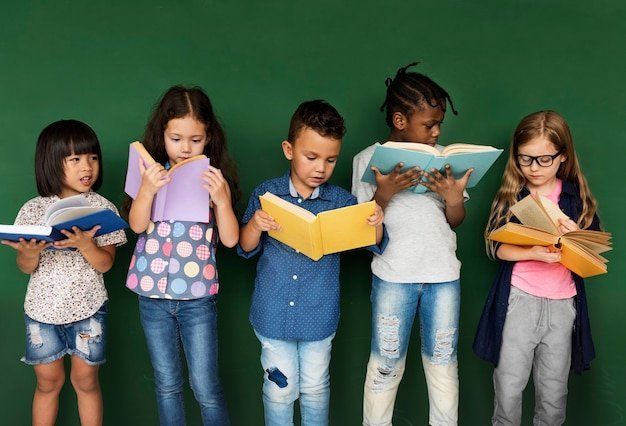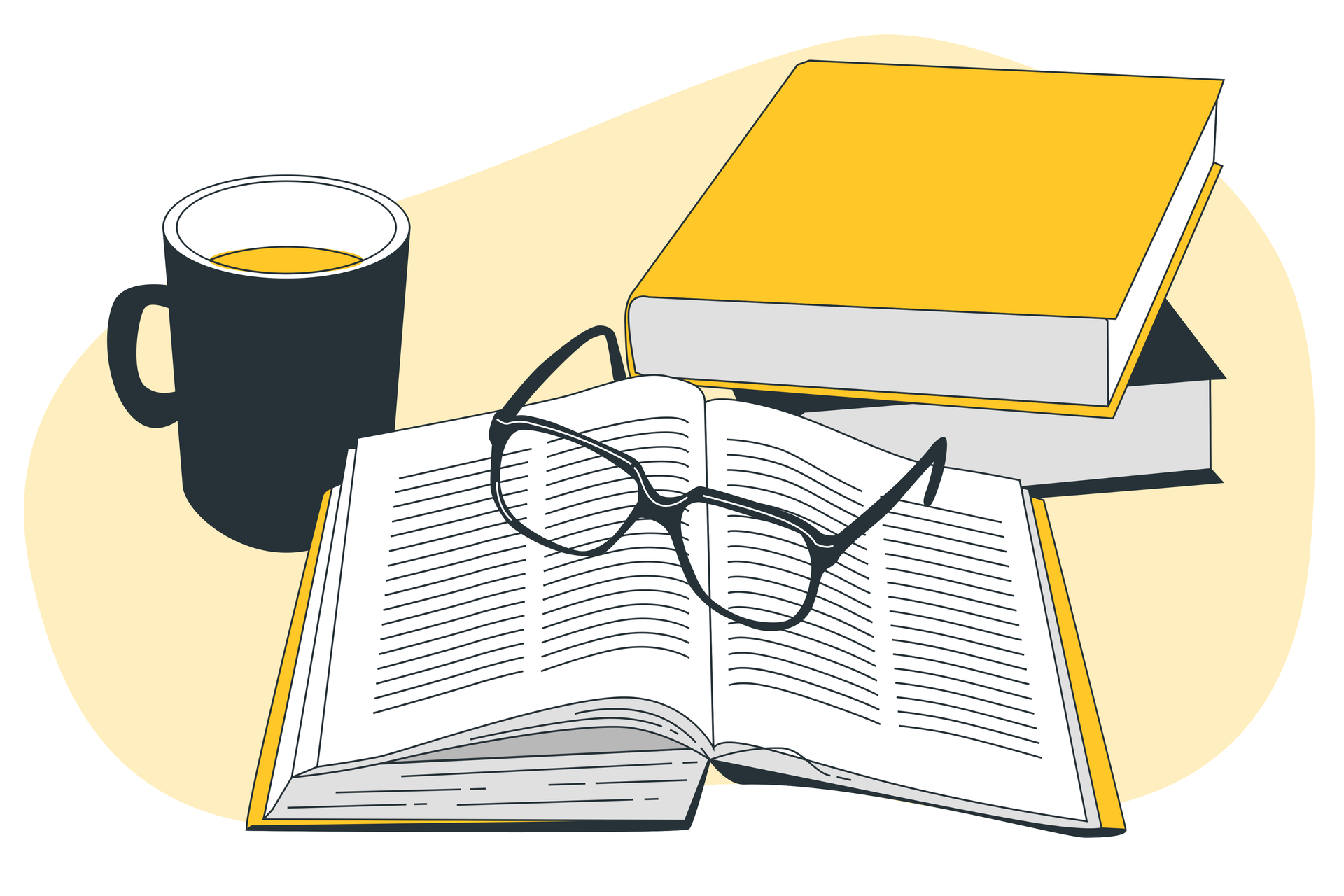Not being able to read or write is a disadvantage that impacts all learning areas. Improved literacy will lead to economic growth, social development, reduction in crime and more employment opportunities.

On 21 March we celebrate Human Rights Day in South Africa. This year the theme is equality. Equality in learning is close to our hearts at StudyChamp which is why this month our focus is on literacy as a basic human right.
A 2016 study assessing learners’ reading comprehension in five-year intervals found that eight out of ten Grade 4 learners could read, but not comprehend what they were reading.
Due to the COVID-19 pandemic many early learning centres had to close and many primary school learners were forced to learn online, while some did not attend any form of schooling. Education experts fear that this will dramatically increase the number of learners dropping out of school in the near future.
Although the literacy problem is more evident in rural and previously disadvantaged schools, the lockdown period and less face-to-face learning time impacted all learners.
Literacy is fostered from early childhood by speaking and reading to a child. It is important to remember literacy development is a continuous process throughout a child’s education. Even short gaps in the learning process can negatively impact a learner’s literacy skills.
Reading and writing are the most important literacy skills – and entail more than just meaningless reading and thoughtless writing. Literacy is the skill to understand what you are reading and being able to use the knowledge you have gained from your reading in a meaningful way. Spelling and vocabulary are two important components of literacy, both of which are dependent on reading often and reading with meaning.
Teachers play a vital role in developing literacy skills, but unfortunately there is not enough time in a busy school day to sit individually with every child to assess their literacy skills and to actively work on developing each one’s shortcomings. Parents therefore play a very important role in developing literacy skills. Young children should read or be read to every day, even if it is just for ten minutes. When reading together, ask questions about the story, the images in the book, the cover of the book, ask them to predict the ending of the story and explain any difficult words they may not understand. Time spent together reading a book will not only foster a deep bond between you and your child, but it will also encourage a love for reading and develop their literacy skills.
How you can help to develop literacy in South Africa
Donating to literacy organisations
Save the Children Literacy Boost
measures children’s literacy skills, trains teachers to help children with reading and comprehension and involves communities by sponsoring study materials and supplying books. Donate your time
Help2Read
is a South African organisation that offers literacy intervention programmes at public primary schools across South Africa. They provide children who struggle to read with volunteer helpers or community tutors. You can either volunteer as a reading helper, donate money or campaign for literacy. Donating books
Many schools do not have the resources to provide learners with books. By donating your children’s old books to schools or even community libraries, you can help learners improve their literacy skills.







